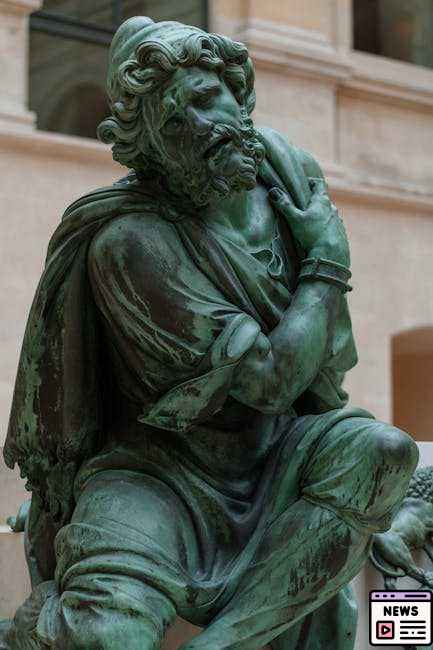Updated on: October 11, 2024 9:54 pm GMT
In a shocking political move, Arvind Kejriwal announced his decision to resign as the Chief Minister of Delhi, just days after being released from prison. This announcement has left many wondering about his motives and the implications for the Delhi government, as well as the broader political landscape in India.
Details Surrounding Kejriwal’s Resignation
Kejriwal, the leader of the Aam Aadmi Party (AAP), told reporters that he felt compelled to step down under the current circumstances. His announcement comes after a tumultuous period marked by legal challenges and political scrutiny. In his statement, Kejriwal expressed his concerns about the future of Delhi and India under the prevailing political climate.
The sudden timing of his resignation has raised questions from various political factions. Delhi’s Bharatiya Janata Party (BJP) has been particularly vocal, with party officials using the opportunity to challenge Kejriwal’s leadership.
Responses from Political Leaders
The reactions from leaders across the political spectrum have varied significantly:
- BJP’s Criticism: The BJP questioned the timing of Kejriwal’s resignation, suggesting that it raises suspicions. They posed queries like “What’s the secret of 48 hours?” alluding to an apparent haste in his decision-making.
- Support from Allies: Some of Kejriwal’s allies, while surprised, stood by him. They argued that his commitment to Delhi’s governance remains steadfast, regardless of his resignation.
In addition, many political analysts opine that Kejriwal’s move might be a strategic step to refocus his party’s efforts on public service and policy implementation without the burden of political strife.
Implications for Delhi and AAP
Kejriwal’s resignation not only affects the governance of Delhi but also poses significant challenges for the Aam Aadmi Party. The following points summarize the potential outcomes:
- Government Stability: The resignation could lead to instability within the Delhi government, as it may trigger a no-confidence vote.
- Public Perception: Kejriwal’s commitment to Delhi’s welfare could either bolster support for him as he steps back or lead to criticism from constituents who expect stability.
- Future Leadership: The AAP will need to consider who will step in as the new leader, as this decision could have lasting impacts on the party’s future.
Possible Reactions from Voters
As discussions unfold, the perspectives of Delhi’s citizens are critical to consider. Residents may approach Kejriwal’s resignation in various ways:
- Concern over Leadership: Many may question the reliability of AAP leadership moving forward.
- Calls for Transparency: There could be demands for clarity regarding the circumstances of his resignation. Citizens may want assurance that political decisions are made transparently and in their favor.
Political Context
Kejriwal’s decision occurs amid heightened political tension in India. The atmosphere is charged with election preparations, societal issues, and debates on governance effectiveness.
As parties rally support and resources for upcoming electoral contests, any perceived weakness, including the resignation of a prominent leader like Kejriwal, can create shifts in voter sentiment.
What Lies Ahead for Kejriwal
While Kejriwal’s immediate future as a politician remains uncertain, several pathways are available to him:
- Re-engagement in Politics: Kejriwal could opt to return to the political arena after a short hiatus, potentially using his resignation as a platform to rekindle commitment to voters.
- Activism: He may choose to focus on grassroots activism, addressing critical issues affecting Delhi residents beyond the confines of political office.
The Bigger Picture
Kejriwal’s resignation underscores a significant moment in Indian politics. The interplay of legal challenges, political alliances, and voter expectations all contribute to a complex landscape that continues to evolve.
As developments unfold, the focus will likely remain not only on AAP and Kejriwal but also on the responses from other political parties and their influence on the upcoming electoral dialogue. The full ramifications of this decision will become clearer in the coming weeks, as political alliances are tested and voter support is gauged.
Kejriwal’s resignation is an important moment for how Delhi is run and for politics in India. People from different areas are thinking about what this means for the future. Everyone is curious to see how AAP will change and if Kejriwal will still have an impact during this tough time.
